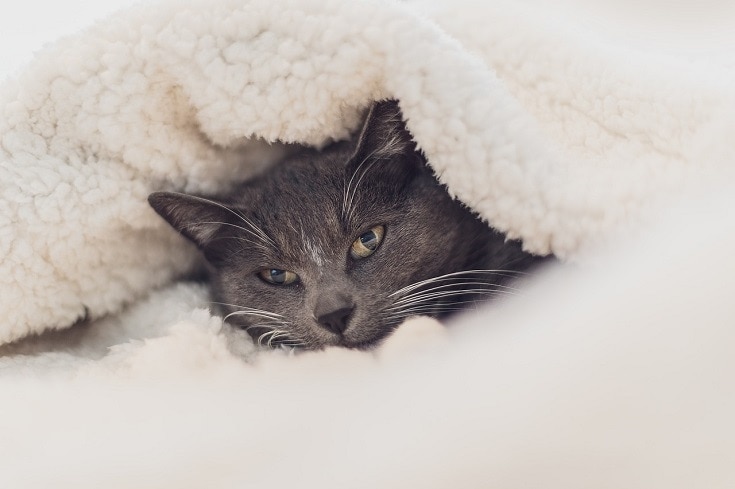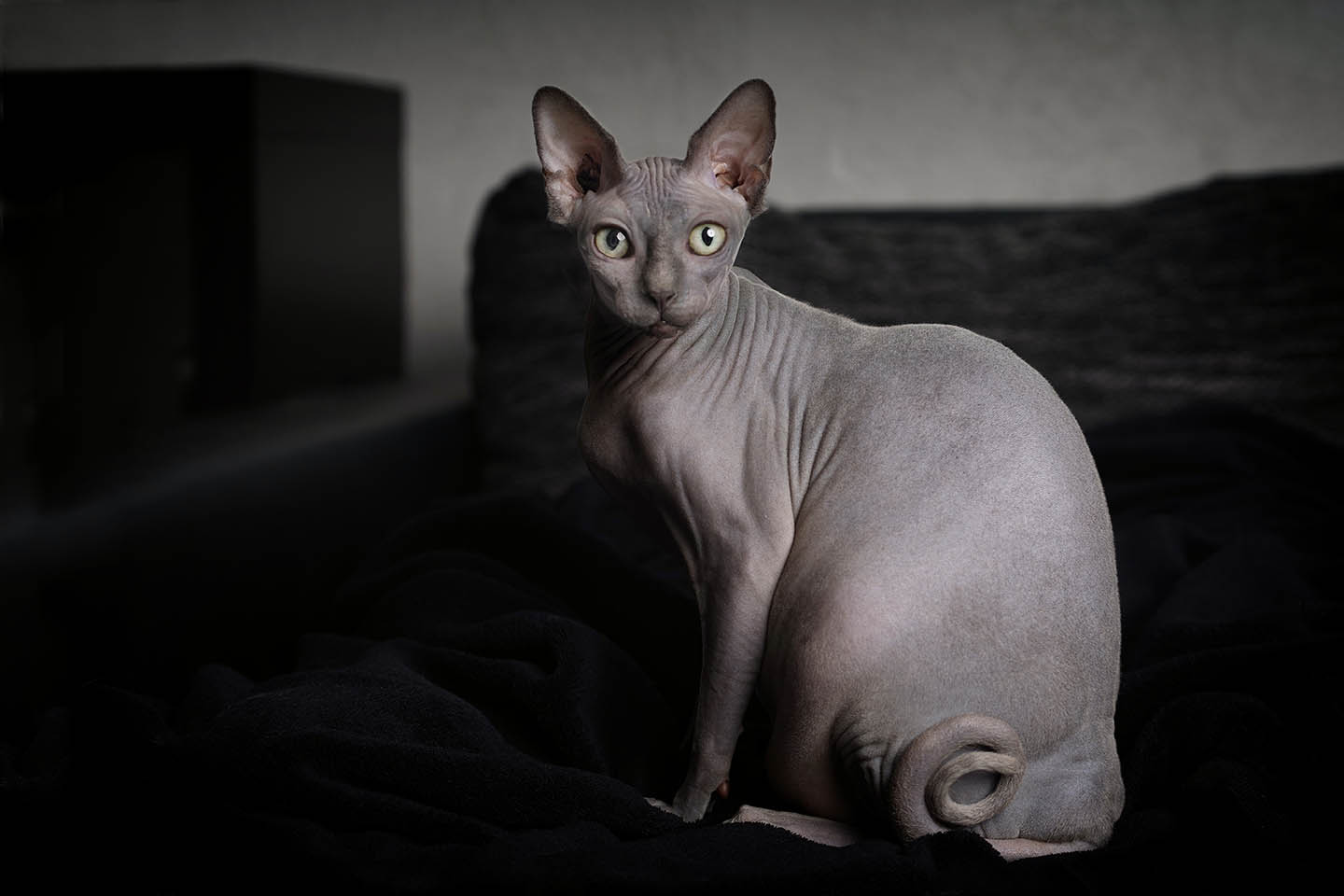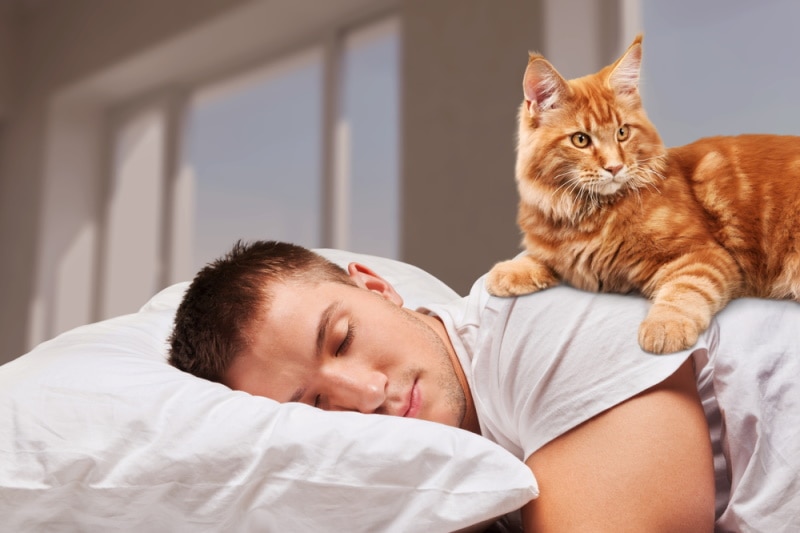Can Cats Eat Lemongrass? Vet-Approved Facts & FAQ

Updated on
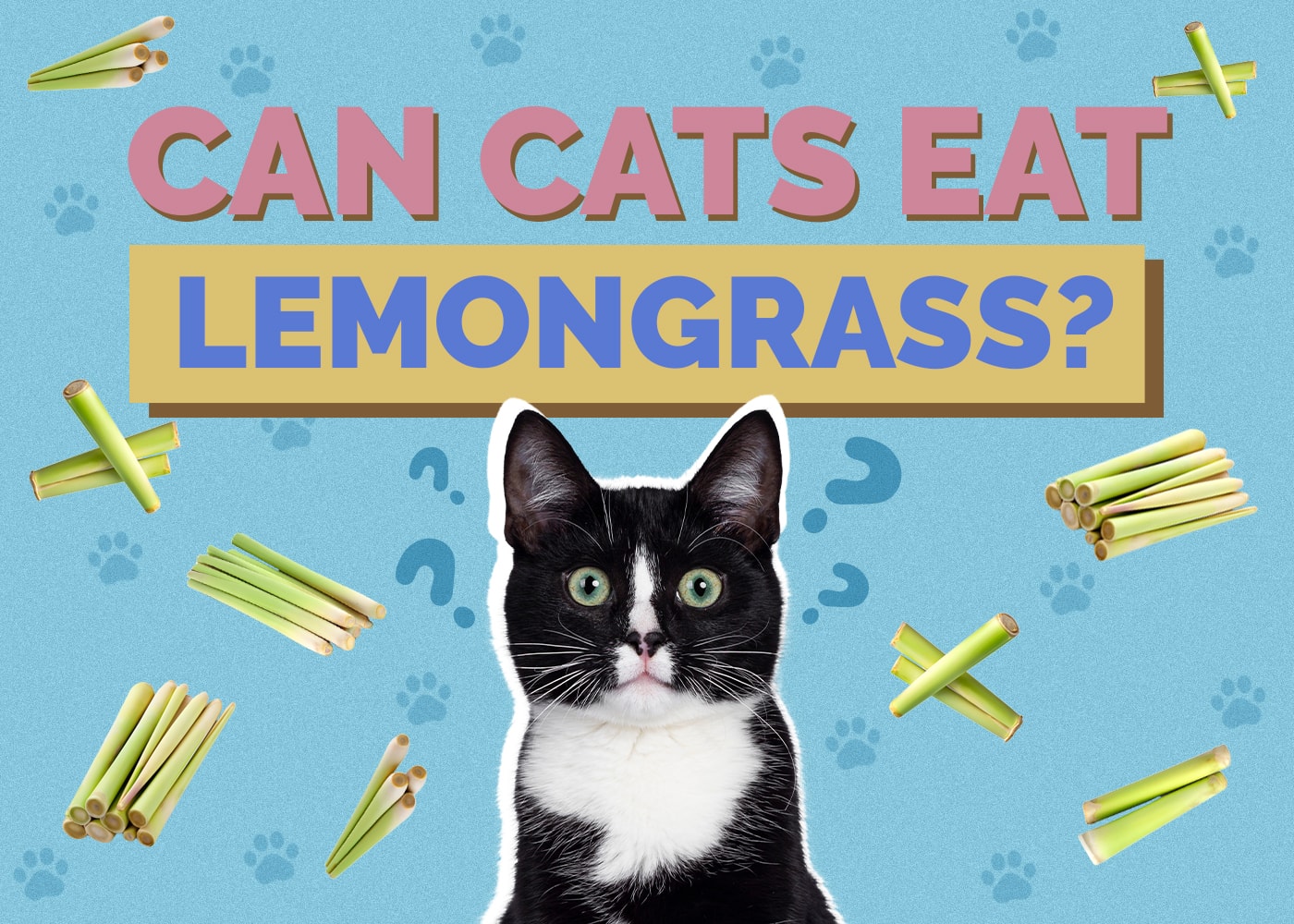
Lemongrasses make up several species of grass known for their strong, lemony scent. They are also sometimes called citronella grasses, although these are different species of the same family. Lemongrasses have many different uses today—from disinfectants to garden plants to seasoning—and are a popular source of essential oils as well.
But what will happen if your cat eats lemongrass? Because lemongrass is only a mild toxin to cats, most cases aren’t likely to cause a significant reaction. The majority of affected cats will develop an upset stomach and drooling. But if you keep lemongrass plants or particularly lemongrass-based essential oils in your house, you should be aware of their potential dangers.
What Makes Lemongrass Toxic?
Lemongrass gets its scent from a compound called citronella. This blend has a strong, fresh scent and flavor. It is useful as a mild disinfectant and essential oil. Lemongrass can, however, be mildly poisonous to cats, leading to an upset stomach.1 Cyanogenic glycosides, the compounds in lemongrass that are responsible for these signs, are mostly harmless in small doses, but if the cat ends up eating larger doses of this firm grass, it can cause a stomach upset and intestinal blockages, alongside possible neurological signs.
If you keep a small lemongrass plant in your house, supervise your cat, but don’t be too worried—the amount that your cat can reasonably eat isn’t enough to cause more than a mild upset stomach. However, some cats are keen grass chewers, and in this case, it would be best to keep lemongrass far away, as the plant is very fibrous, and eating too much could cause a blockage of the stomach or intestines that needs urgent veterinary attention.
Lemongrass Essential Oils
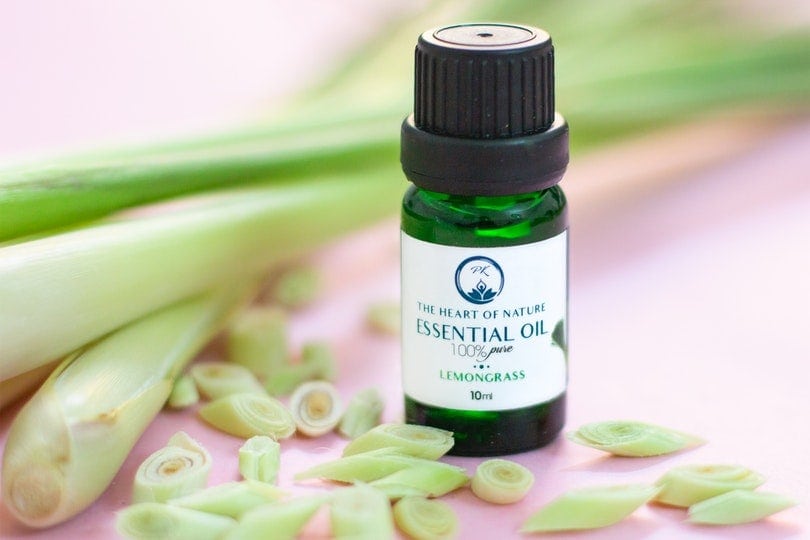
Lemongrass is a popular ingredient in essential oils. In its concentrated form, it can be a greater problem. Essential oils from lemongrass are often marketed under the names lemon, lemongrass, and citronella. It may also be a common ingredient in citrus blends. These oils all contain citronella in a concentrated form, which is more potent for cats than the fresh plant.
Essential Oil Poisoning in Cats
Essential oils are dangerous to cats in their concentrated form. Cats cannot metabolize concentrated essential oils properly, and if ingested, inhaled, or absorbed through the skin, they can cause serious health problems. Some of the essential oils known to have the highest risks include peppermint oil, cinnamon oil, eucalyptus oil, and tea tree oil.
Although lemongrass essential oil has a low index of toxicity in comparison to some of these, it’s still best to keep it well out of your cat’s reach.
Signs of Lemongrass Essential Oil Poisoning
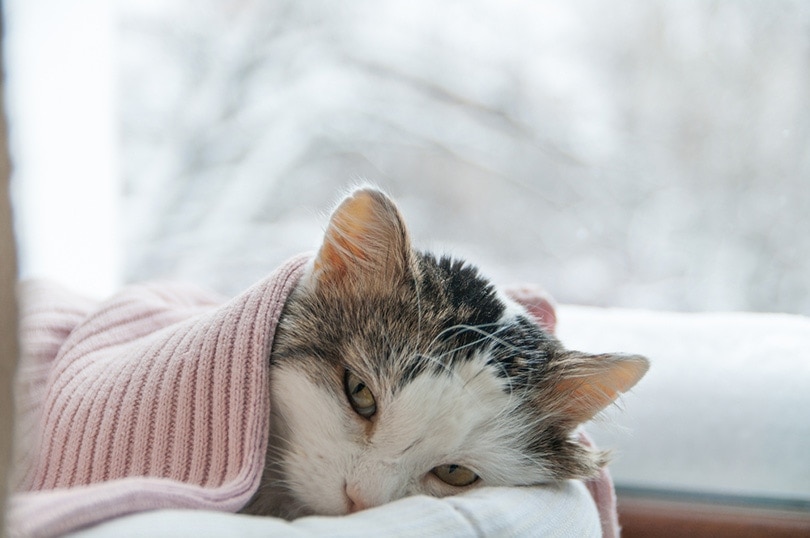
Signs of essential oil poisoning in cats can include vomiting, drooling, tremors and shaking, lethargy, irritation of the airways and difficulty breathing, seizures, and more seriously, liver failure. Ingestion, inhalation, or absorption of lemongrass-based oils can also lead to these signs, but most cases are mild. With proper care, the citronella should work through your cat’s system without major issues.
Still, these products should be kept away from your cat, as it’s better to be safe than sorry.
Treatment
If your cat has been exposed to lemongrass in large amounts or they are showing any signs of stomach upset or poisoning, get them to a safe place. Make sure your cat is comfortable and remove any potential hazards. Call your veterinarian immediately to determine if they should be brought in for an evaluation or monitored at home. If your cat needs to seek veterinary care, treatment will depend on the severity of the symptoms.
Diagnostic tests like bloodwork and X-rays (in the case of an intestinal blockage) may be necessary. Some possible treatments include stomach decontamination to remove traces of citronella, intravenous fluids, and anti-nausea medication.
Best Grasses for Cats
Lemongrass in small amounts should not pose a serious risk. So if it is part of your garden, you most likely don’t need to change it. But if your cat shows an interest in biting or chewing on lemongrass, you may want to replace it with a non-toxic grass for your cat to bite.
Some good options include oat grass, wheatgrass, and alfalfa—all of these grasses grow easily and are not harmful to your cat’s health.
Conclusion
Lemongrass plants are unlikely to harm your cat in small amounts, but it’s still best to redirect your cat to a safer plant when it comes to nibbling. There are many different types of grass that are safe for cats and won’t cause poisoning.
Lemongrass essential oils are a different matter—if you think your cat has been exposed to lemongrass essential oils, contact your veterinarian straight away and watch closely for signs of poisoning.
See Also:
- Can Cats Eat Spider Plants? Vet-Reviewed Safety Facts
- Can Cats Eat Brussels Sprouts? What You Need to Know
Featured Image Credit: WonderfulBali, Pixabay




